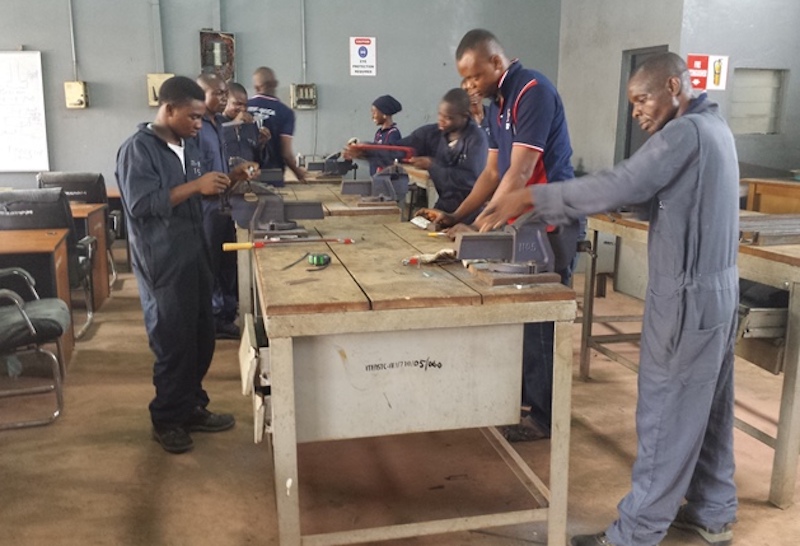The Association of Private Polytechnics in Nigeria (APPN) says technical education is crucial to Nigeria’s industrialisation, as Polytechnics address labour market needs and provide diverse pathways for students.
Dr Benjamin Achiatar, President of the association, said this in an interview on Thursday in Abuja.
Achiatar urged the Federal Government to pay attention to all technical and technology education in Nigeria, adding that interest in technical and technology education has declined in the last few years.
“We are getting an increasingly lower number of students applying to polytechnics and monotechnics through JAMB, and this is affecting the economy as a whole,’’ he said.
Achiatar called on President Bola Tinubu to sponsor a bill for an Act to abolish the dichotomy between Higher National Diploma (HND) and bachelor degrees.
“China has chosen to maintain its polytechnic system, also called higher vocational education, to have theory, academics and knowledge alongside practical solutions.
“These polytechnics also support the country’s economic development goals, and key policy initiatives including the Made in China 2025 initiative,’’ he said.
Achiatar, who is the Proprietor of Gboko Polytechnic, said that the association was made up of 56 approved private polytechnics and about 50 approved monotechnics and almost 100 independent innovation centres.
He said that polytechnics are different from universities basically because they train both theory and emphasise practice.
Also speaking, Mr Olusola Alalade, General Secretary of APPN and representative of the proprietors, Igbajo polytechnic, recalled that the United Kingdom established polytechnics in the 1960s.
He said that it was part of a broader effort to expand higher education, provide vocational and technical education, focusing on practical skills and knowledge to produce manpower for the middle level.
Alalade explained that it was also to address specific economic and social needs towards industrialisation with key policy initiatives.
“This helped the country to become an industrialised nation as the available technical manpower was the engine of the industrialisation,’’ he said.
He stated that the continued policy initiatives and changes in 1992 led to the conversion of polytechnics into universities.
Alalade said that it was to expand the mandate and establish greater autonomy, flexibility, and freedom to determine their own academic programmes and research agenda.
“The distinction between universities and polytechnics has diminished, as many institutions now offer a range of academic and vocational programmes, and this trend is global,” he said.
According to him, polytechnics are established to play a vital role in providing technical and vocational education, entrepreneurship, workforce development and applied research and innovation.
He said that they were also established to promoting accessibility, affordability, and community engagement.









Leave feedback about this